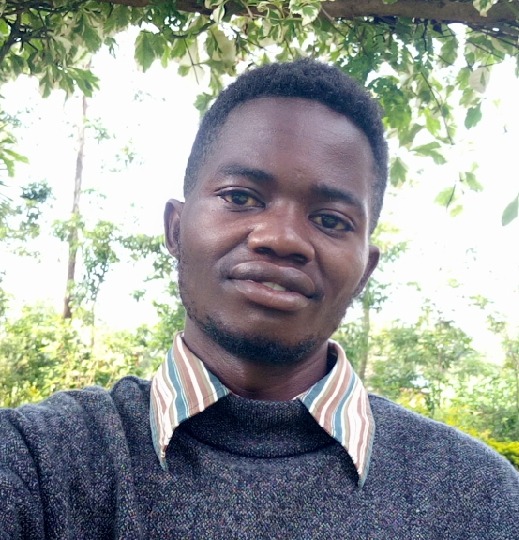Simple Things that Great People do, to be Great.
- EDWINE MTANGE ODONGO

- Jan 9, 2023
- 3 min read

Greatness comes from internal toughness. Every great things done, result from the primitive things that we look down upon, or those that we get ashamed of doing. In the history of success, there’s never been one who gets it as a birthright. If so, none’s been maintained!
Every great president, is a poor ruler whenever they don’t ask. A good speech delivered is written and rehearsed. No authority is rendered before having gone through consultation. The simple things that great leaders do include studying the people they lead. This helps them to confront their minds or motivate them accordingly.

Despite their profession, great teachers practice a lot for them to be perfect in the execution of their professional teaching. This is a point that all learners neglect or never imagine. Without practice, teachers would be forgetting concepts whenever they get into a classroom. Or, let’s say that teachers who keep on confirming from their note books have no enough practice habits. If all learners would emulate the practicing habits of most great teachers, they would be as genius as their superior teachers. Great teacher, with no doubt, practice how to ask questions. They practice how to demonstrate a point in class. Most of them, moreover, practice how to memorize points in front of his/her learners. This looks primitive and shameful, but the results are great and dignifying!
No man is perfect was a saying by a philosopher. It follows that consultation is key to acquiring useful knowledge to make every teacher a great teacher, and in the mouths of every student and even parent. When teachers use consultation as a tool to acquiring information, they will be outstanding whenever they stand out to address. They will have more than enough information to explain a point. They will have full wisdom to handle every circumstances that come into their way.

This comes handy with the listening skills. As if foolish, but strategically aiding. People with listening skills look phenotypically foolish. They are perceived non-ideological but wise in crafting words, to add up points, when given a podium. Giving an ear to people’s points and conceptions opens an avenue of knowledge into your conscience. This is the criteria that great teachers use to acquire information for their audience. They receive to give.
Students with the do-it-yourself ego, go very far in their learning process. To effect the theoretical knowledge from their teachers, they do the things by themselves in their free time to synchronize the concept into their memory.
Artists, i.e. singers, painters, writers and comedians take the advantage of simple things. A good singer with soothing musical voice codes will often be found in private chambers practicing his or her vocal abilities. He/she will always delight in reaching to the tip of their highest note. After a series of such simple attempts, when given a platform, they will deliver a very remarkable and memorable performance. This is the greatness that comes from internal toughness.

The same is a habit with the painters and any other kind of art. According to my tutor in copywriting, he said to me; “Never neglect the simple vocabularies that people think is not integrated English.” He said with a polite tone. “The way you accumulate simple English words and craft then to gesture an illusion in the reader’s mind, is the English that literature wants.” He added. “That is being a great writer!” He exclaimed with a catastrophic face.
Painters, for instance, use simple colors with the simplest coloring patterns. “This beautiful patterns you amaze at are very simple.” Manda, my friend, a painter from Uganda murmured at me. “If you don’t know, you cant realize that they are simply accumulated bars and geometrical shapes!” He revealed to me. He added that that can’t be attained without practicing them and deciding to become creative with every simple thing in your vicinity. “Greatness comes from internal toughness in your creative work.” He refrained what I thought was a misconception.
BY: EDWINE MTANGE







Comments